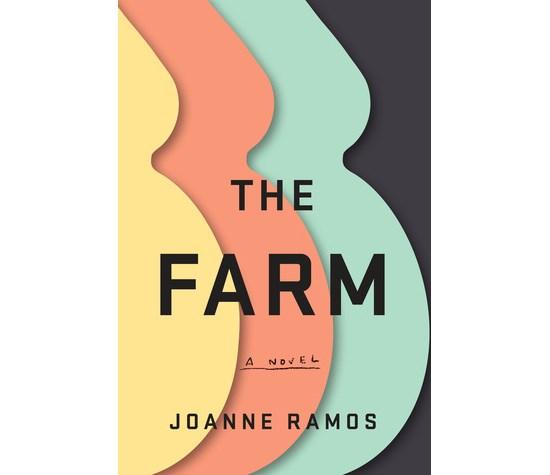The Farm by Joanne Ramos
The Farm is the nickname of the luxury estate, Golden Oaks, at which reside a number of women, mostly immigrants from the Philippines. These women are at Golden Oaks because they have agreed to commit nine months of their lives to producing the perfect offspring for anonymous women who have better things to do with their time than be pregnant. For providing this service, the hosts, as they are called, receive a large sum of money upon delivery of said perfect offspring. These funds will help them to support their families.
In this rather Atwoodian dystopia, the lives of the hosts are well-programmed, everything is provided for a healthy, stress-free pregnancy. Daily exercise, well-balanced organic meals, yoga, massage – you name it the hosts have it.
Jane is one of the hosts, hired by Mae Yu, the farm’s executive. Jane has a child of her own, but after recently coming to America and finding herself a poor, single mother, she takes the opportunity offered her to improve life for herself and her daughter, Mali. Things start off well, Jane is happy to be helping someone who can’t have a child, but she misses Mali. She befriends two other hosts who are not as enamoured with the whole process and support Jane in defying the manipulative Mae. Jane becomes determined to get to Mali outside the farm, but she risks losing the money if she leaves.
While Mae tries to keep her hosts under control, and placate the wealthy clients awaiting their perfect offspring, things begin to unravel, and the more things begin to unravel, the more Mae tries to keep them under control.
Joanne Ramos writes a good story, and although it has a softer ending than expected, it still intertwines many things to give us food for thought on reproduction and motherhood all wrapped up in gender, race and class.
Helen Varga is a library technician at the Steveston Branch of the Richmond Public Library.


